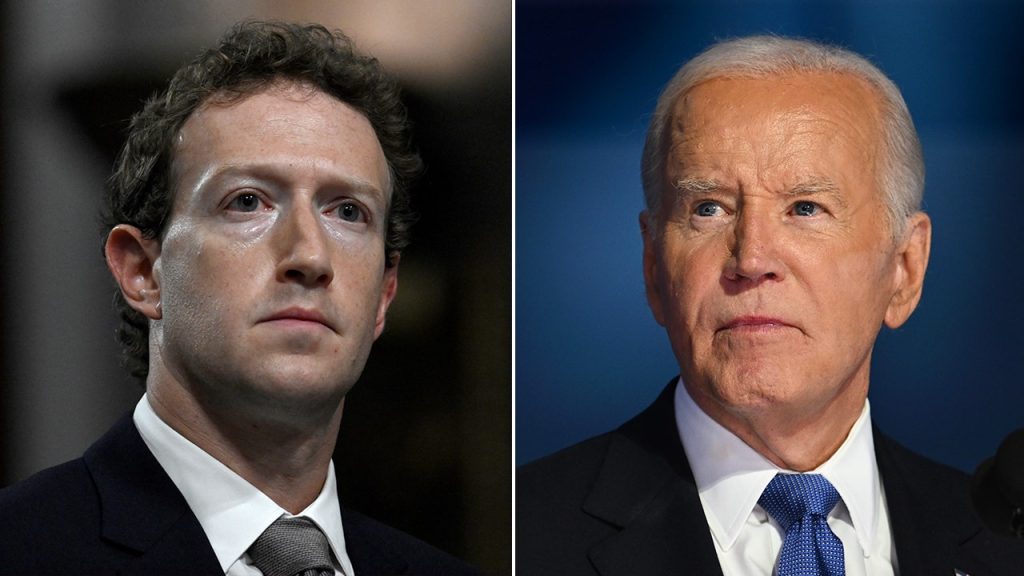Mark Zuckerberg recently expressed regret over government-induced censorship and free speech issues in a letter to House Judiciary chairman, Jim Jordan. Zuckerberg admitted that the Biden administration pressured Facebook teams to censor certain COVID-19 content, including humor and satire, and to promote Covid vaccines. While Facebook sometimes resisted the pressure, in many instances they gave in to the demands. Zuckerberg acknowledged that the pressure was wrong and that the company made choices they wouldn’t make today, promising to push back against such pressure in the future.
Two years ago, both the Trump and Biden administrations reportedly pressured Twitter to moderate platform content according to their wishes. The Trump administration had also pushed tech companies to combat misinformation, and Facebook, Google, and Microsoft participated in weekly calls to discuss trends with Trump officials. Trump himself fell victim to Facebook’s policy against Covid misinformation when they took down a campaign video of him stating that children were “virtually immune” to the virus. The move was criticized as an example of Silicon Valley bias against the president, with Facebook accused of suppressing stories that were unfavorable to Trump.
Zuckerberg also addressed the controversy surrounding the Hunter Biden laptop story, admitting that Meta should not have demoted a New York Post article about the laptop shortly before the 2020 election. The story, dismissed by former intelligence officials as fake, was later verified by major news outlets. In the election, Zuckerberg funded voting efforts that Republicans criticized as unfairly benefiting Democratic areas. Trump has pledged to pursue election fraudsters, including efforts like “Zuckerbucks,” which he believes favor Democrats. Zuckerberg has promised not to repeat similar election funding in the future.
The events surrounding Facebook’s handling of Covid information, the Hunter Biden laptop story, and election funding by Zuckerberg continue to raise concerns about tech companies’ influence over public information. Trump’s distaste for Facebook, expressed in an interview at Mar-a-Lago, has led him to support banning TikTok, a move he believes will harm Zuckerberg’s company. These issues highlight the role of politicians and special interests in pressuring tech giants behind closed doors, raising questions about transparency and accountability in these interactions.
While some may view these events as old news, they have ongoing implications for public discourse, particularly as Elon Musk’s endorsement of Trump has led to a shift in user behavior away from platforms like Facebook and towards alternatives like Threads. The pressure on tech companies by political actors highlights the need for greater awareness of the influence these platforms can have on public information and the importance of preserving free speech and transparency in online communication.


